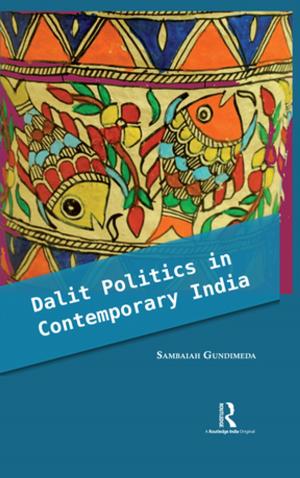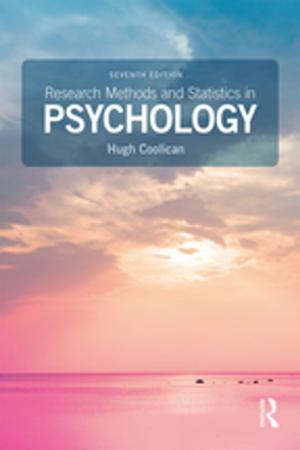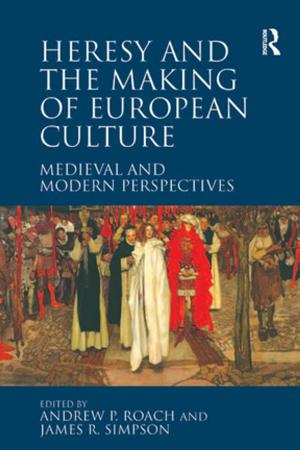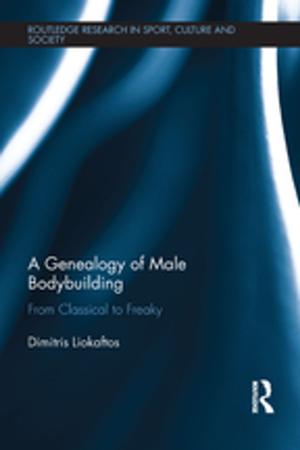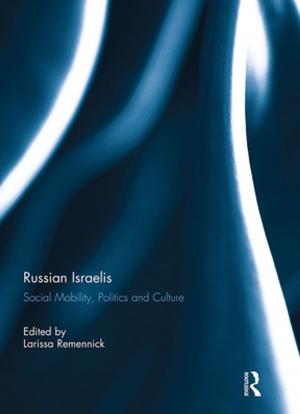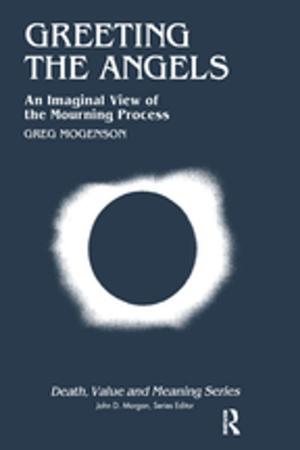Barthes' Mythologies Today
Readings of Contemporary Culture
Nonfiction, Social & Cultural Studies, Social Science, Cultural Studies, Popular Culture| Author: | ISBN: | 9781136743795 | |
| Publisher: | Taylor and Francis | Publication: | September 11, 2013 |
| Imprint: | Routledge | Language: | English |
| Author: | |
| ISBN: | 9781136743795 |
| Publisher: | Taylor and Francis |
| Publication: | September 11, 2013 |
| Imprint: | Routledge |
| Language: | English |
This is Barthes’ seminal text reimagined in a contemporary context by contemporary academics. Through a revisiting of Mythologies, a key text in cultural and media studies, this volume explores the value these disciplines can add to an understanding of contemporary society and culture. Leading academics in media, English, education, and cultural studies here are tasked with identifying the "new mythologies" some fifty or so years on from Barthes’ original interventions. The contributions in this volume, then, are readings of contemporary culture, each engaging with a cultural event, practice, or text as mythological. These readings are then contextualized by an introduction which reflects on the ‘how’ of these engaging responses and an "essay at the back of the book" which replaces Myth Today with a reflection on the contemporary provenance of both Barthes and his most famous book. Thus the book is at least two things at once whichever way you look: a ‘new’ Mythologies and a book about Barthes’ legacy, an exploration of the place of theory in critical writing, and a book about contemporary culture.
This is Barthes’ seminal text reimagined in a contemporary context by contemporary academics. Through a revisiting of Mythologies, a key text in cultural and media studies, this volume explores the value these disciplines can add to an understanding of contemporary society and culture. Leading academics in media, English, education, and cultural studies here are tasked with identifying the "new mythologies" some fifty or so years on from Barthes’ original interventions. The contributions in this volume, then, are readings of contemporary culture, each engaging with a cultural event, practice, or text as mythological. These readings are then contextualized by an introduction which reflects on the ‘how’ of these engaging responses and an "essay at the back of the book" which replaces Myth Today with a reflection on the contemporary provenance of both Barthes and his most famous book. Thus the book is at least two things at once whichever way you look: a ‘new’ Mythologies and a book about Barthes’ legacy, an exploration of the place of theory in critical writing, and a book about contemporary culture.

